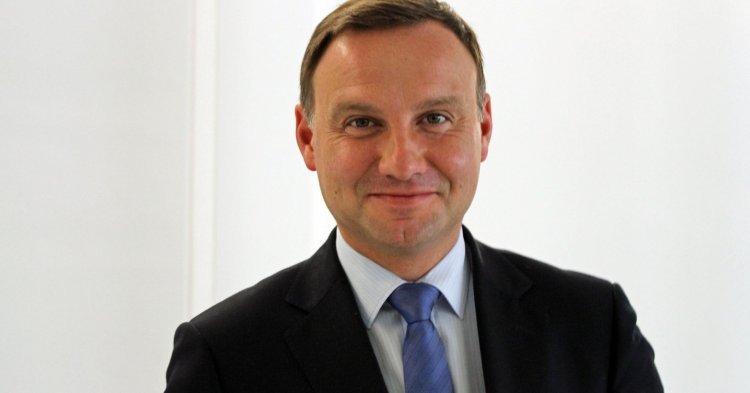The day after the Presidential election, the soon to be new President of Poland, Andrzej Duda, stated that “it was useless to talk of introducing the Euro to Poland under the mandate of President Duda”. This claim served to confirm the stance of the candidate for the conservative Law & Justice (PiS) party throughout the campaign leading up to the Presidential election.
During the campaign for the presidency, the well-known troubles in the Eurozone made Poland’s adoption of the Euro a pivotal question. Each party in the running was made to make clear its position on the subject. Where PiS’ position was clear on this question that of the Civic Platform (PO), the party of the incumbent Prime Minister Ewa Kopacz, was criticised for its lack of clarity.
Bye to the złoty … but when?
Rather than the question of whether or not Poland will join the Eurozone, it is more the question of when exactly Poland will join that has been the subject of debate among the Polish political class. Though Duda has excluded any possibility adoption of the Euro under his mandate, the powers granted to him by the Polish Constitution do not however allow him to interfere with this. Citing the Greek crisis, members of PiS regularly proclaim that adoption of the Euro in the current situation would lead to the country being in the same economic doldrums that Greece is currently experiencing.
According to them, the adoption of the single currency should only take place in the distant future. One of the party’s main arguments remains the possibility of inflation that could stem from adoption. In a country where some have the feeling of having not benefited from the country’s economic growth over the last years, this argument hit home.
Yet from PO’s side, the liberal party affiliated to the European People’s Party at European level, joining the Eurozone raises greater enthusiasm. This party, which has governed Poland since the parliamentary elections in 2011, and is the party of President of the European Council Donald Tusk, has always wanted to present Poland as a European partner of the highest quality to the other member states and to make the large country count more in the European decision-making process. For PO, Poland’s joining the Eurozone is undoubted but the party has had to spar with the strong opposition of Poles to this. This had the effect of forcing the party to moderate its rhetoric and affirm that the country must, before any adoption of the single currency, respect the eurozone’s adoption criteria.
Still a very open election
Even if PiS won the presidential election of May 2015, the result of these next election still remains very open. The PO has been trying to regain the voters that it lost during the presidential election whilst PiS is doing its best to hold the small lead that it has. Furthermore, even if the latter wins, there is nothing to say that the party will be awarded enough of a majority to form a government. There is thus likely to be an obligation to enter a coalition with other parties.
Unfortunately for PiS, the potential candidates for such an alliance are not exactly lining up at the gate. One must also take into account the breakthrough of the movement led by the ex-rockstar Paweł Kukiz, who could occupy the role of kingmaker for this election. The willingness of PiS to curb any adoption of the euro could, in the last resort, not be echoed by others.



Follow the comments: |
|
